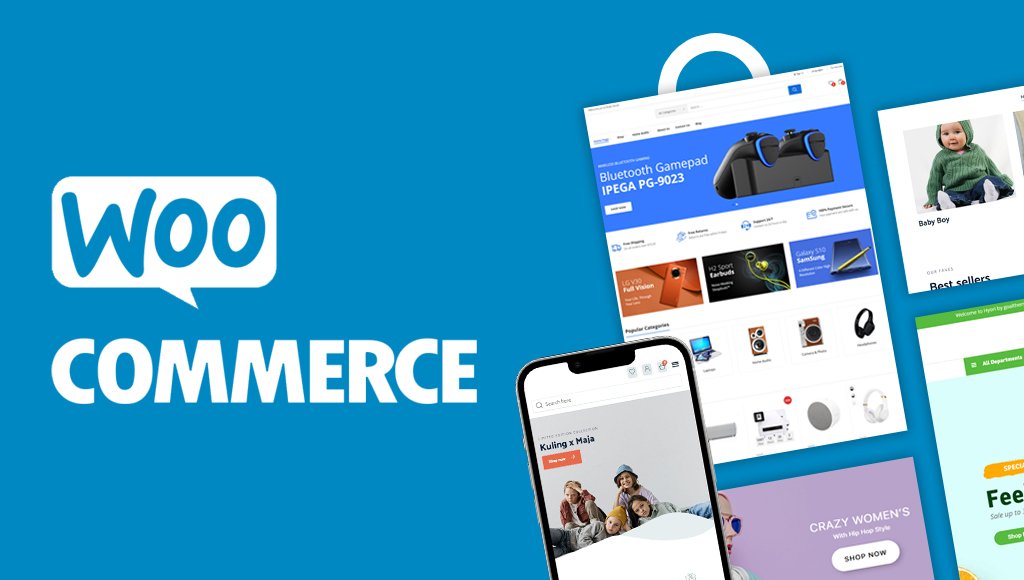
One out of every four people is an online shopper.
It started as "teleshopping", but eCommerce has undergone various transformations to become a global phenomenon today. All over the world, the market is expected to reach more than 5 trillion dollars this year. And it's not going to stop there.
Every day, someone creates one new online store. One more consumer switches to purchasing goods online. And the cycle will continue until eCommerce is as normal as getting coffee in the morning.
If you're an entrepreneur, the rise of eCommerce can be both a promise and a challenge. It can set you on the path to business success, but it also requires a lot of hard work and commitment.
According to McKinsey, one of the main ways to succeed in eCommerce today is to embrace an attitude of learning. This is what Procter and Gamble did in their first foray into building a digital culture, with a market value of almost 300 million US dollars. And if you're starting, this openness to knowledge is a critical foundation for a rewarding eCommerce journey.
So How Do You Start with eCommerce?
For many, WooCommerce is the first step to building their online store. WooCommerce is open source, free and easy to begin.
WooCommerce is a plugin for WordPress that lets you turn any WordPress site into an online store -- and start selling. It powers more than 5 million eCommerce websites worldwide, giving it the largest market share in terms of eCommerce platforms. It has also racked up nearly 162 million downloads since its release.

WooCommerce makes it easy to create, design, manage, market, and secure an eCommerce store.
You only need to create a WordPress site to set up a store. After that, you can immediately add and activate the WooCommerce plugin. This will allow you to:
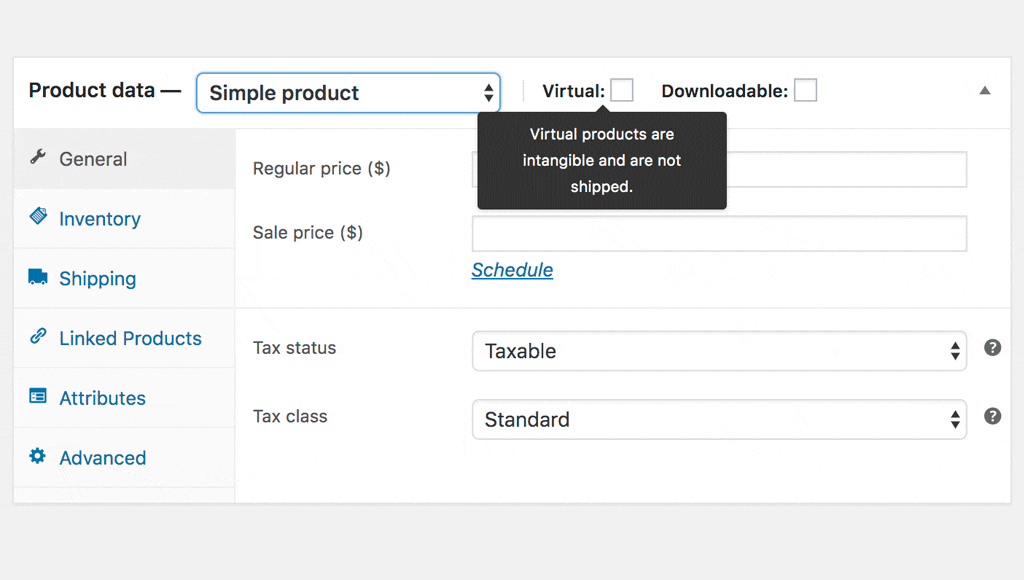
Next comes designing your store and customising how it looks. To start, you can use one of the many free and paid themes available to work with WooCommerce. These themes will help you create a custom homepage, set your logo, and display a store notice across your pages.
Out of the box, WooCommerce comes with a lot of functionality. Its dashboard, for example, allows for easily adding new products and fulfilling orders.
Managing an online store with WooCommerce is also a breeze with free and paid extensions. These extensions help you customise your website to unlock more functionality and features. For example, you can enable multi-channel sales, create a custom landing page and much more.
Reaching your target market isn't an issue when you build your online store with WooCommerce. The plugin enables product listings and promotions across multiple platforms, like Google, Facebook, and MailChimp.
You can also stay on top of marketing data through its integration with Google Analytics. Jetpack, a tool for WooCommerce, can further build on this by giving you access to orders, trends, and traffic data from one dashboard.
If you'd like to target customers from more than one region, WooCommerce is available in 24 languages. Using WooCommerce, you can set up multilingual content and enable payments in various currencies.
Lastly, securing your store is hassle-free with Jetpack Security. Its free version is good at providing sufficient coverage against brute force attacks and alerts for downtime. Its premium version takes security one step further with malware scans, data backups, and spam prevention.
With 30,000 downloads every day, WooCommerce is the choice of almost 13% of all eCommerce websites worldwide. There are many reasons for its popularity, and we will go through them in this section.
First off, WooCommerce was built by the same people that built WordPress. This makes it the best platform to use with WordPress, which powers nearly 44% of all websites.
In addition, it leverages all the best things in WordPress. For example, it uses a modular framework, which helps extend the platform's functionality through plugins. As such, you can use other plugins to enable anything that isn't already built into WooCommerce.
Another big draw for businesses is WooCommerce's cost-effectiveness. It's free, and there are no hidden charges if you want to activate it for your WordPress site.
It's also open source. A thriving developer community can access its source code to modify or improve it as necessary. If you want to customise your site, it's also easier to find experienced developers to fully harness the power of WooCommerce for your business.
Growing your online store is also easier with WooCommerce. For example, if you'd like to extend your product list, the plugin can support that. The same goes for customisation. There are various themes for controlling how your site looks and performs.
Another wonderful advantage of this plugin is its comprehensive analytics for your online store. Again, this is something that many eCommerce platforms do, but WooCommerce does it better by providing a clear and intuitive user interface.
Finally, anyone can use WooCommerce. Even those with no coding skills or IT know-how.
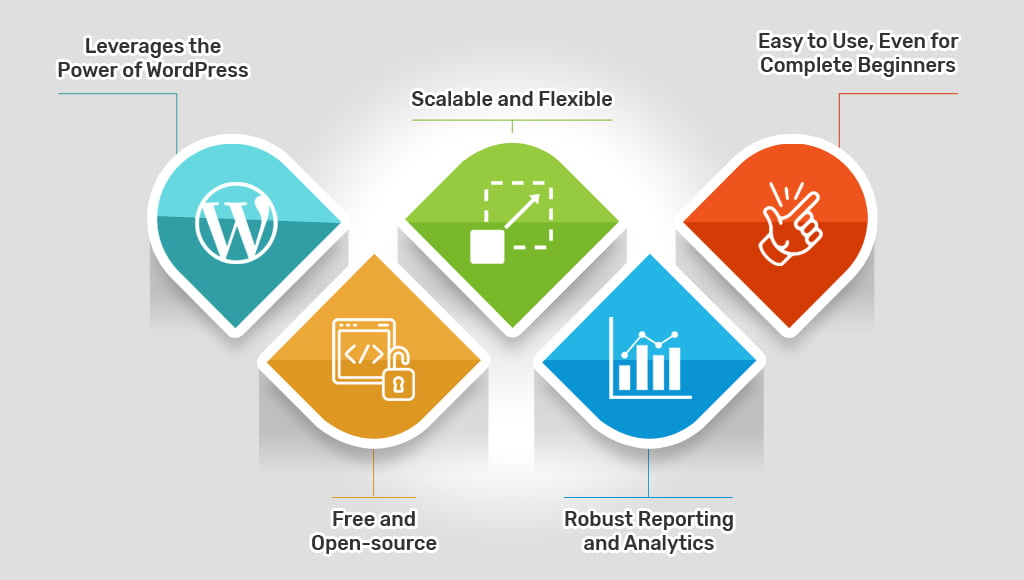
With all these advantages, how does WooCommerce fare against other eCommerce platforms? Let's take a look.
Magento is a drag-and-drop platform; almost 300,000 websites use Magento. Like WordPress, it has an open-source version accessible to over 300,000 developers to test and boost its functions. Magento also offers a SaaS version. In a SaaS version, magneto is hosted by Adobe and offers great security for its online stores.
However, WooCommerce beats Magento in terms of the number of plugins that it supports. Even though the two can rely on a flourishing community, the latter only has about 3,900 plugins; WooCommerce has more than 10x as many plugins.
Magento is by far very competitive and, in many ways superior product. But developing a website in Magento costs more than developing one in WooCommerce. Magento's open-source version also requires self-hosting like WooCommerce, but Magento hosting is usually more expensive. In contrast, WooCommerce hosting is readily available at more cost-effective prices.
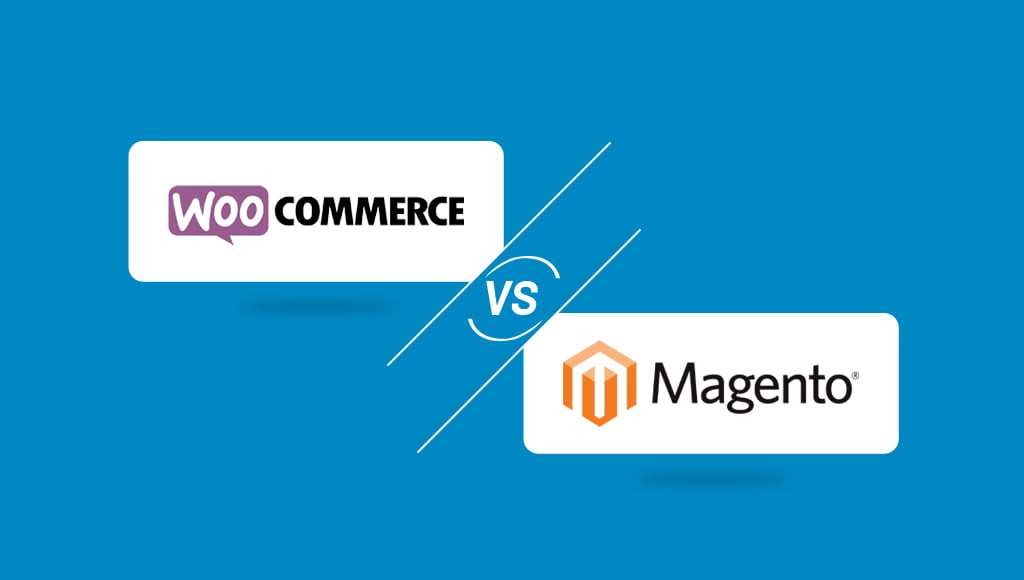
Powering almost 4 million websites in 175+ countries in the world, Shopify is another big name in eCommerce. It has its own set of loyalists. In the US, it commands a rather large percentage of users. Compared to WooCommerce, it has a gentler learning curve, so it's even more user-friendly. It also has dedicated customer support, unlike WooCommerce. However, the latter relies on an open-source community of developers, so finding support for issues might take some time.
But WooCommerce is better in terms of supported plugins at 50,000+ compared to only about 1200+ for Shopify. And it doesn't charge intermediary commissions or transaction fees as Shopify does.
Also, Shopify is SaaS only product, and you cannot host a Shopify website on your server, which is good because Shopify offers fast, reliable hosting with great security. But Shopify is a subscription-based service, and once you end your subscription, you lose access to your website and all your work.
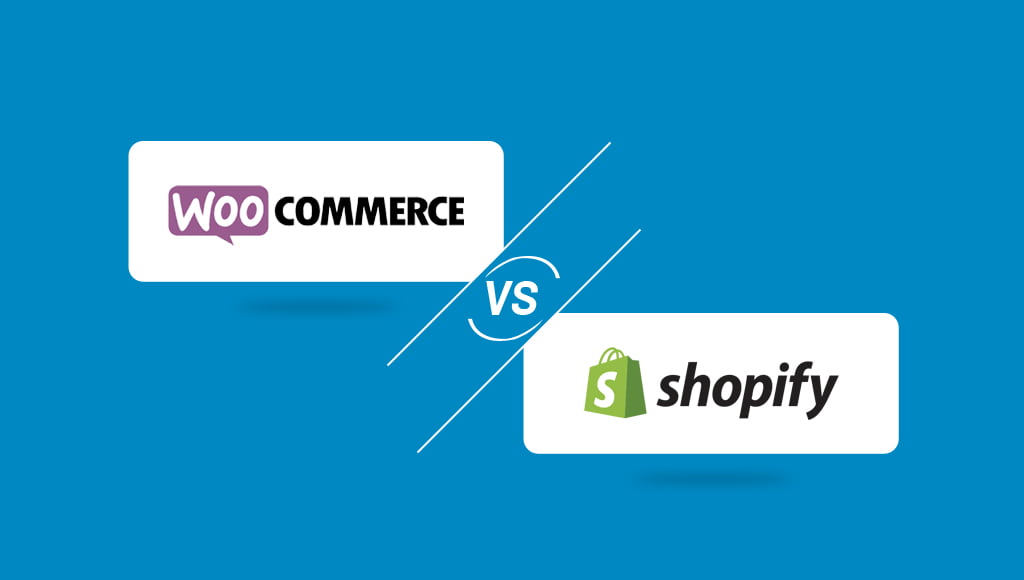
Less than one per cent of websites use BigCommerce, but that doesn't mean it's lightweight in eCommerce. BigCommerce is Software as a Service solution. It is hosted by BigCommerce, unlike WooCommerce where you need to find a hosting provider. In addition, BigCommerce uses multiple security layers in protecting its stores, including intrusion detection and file integrity scanners. By comparison, WooCommerce's default security largely depends on the hosting company you choose and its security setup.
But regarding ease of use, WooCommerce is easier to customise and manage than BigCommerce, even though BigCommerce is a drag-and-drop platform. Its editing interface is particularly challenging to navigate. At the same time, you have to contend with limited customisation for BigCommerce websites. And BigCommerce puts a cap on your total eCommerce annual sales based on the package you choose.
Despite all that, BigCommerce is a serious player in the market. Their headless eCommerce features and the largest ecosystem of bringing different products together are very powerful, especially for big and busy eCommerce websites.
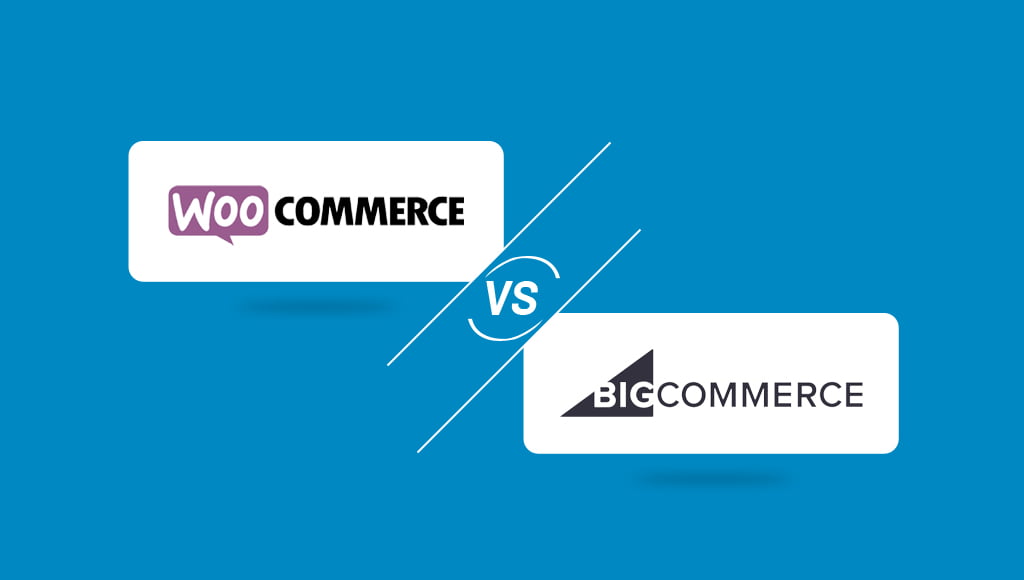
WooCommerce offers numerous benefits to businesses. But the real question is: is it right for you? Here are some pointers to remember.
Your business needs and requirements should be front and centre when deciding whether WooCommerce is right for you. Some of the most critical areas that you need to think about include the following:
It is also important to understand all the costs involved in building your website in WooCommerce. While WooCommerce is free and open source, you will need to buy paid plugins if you want to extend its functionality beyond what it can do out of the box. Similarly, successful design and development might require more than just running the plugin's setup wizard. You may also need to hire a professional development agency to customise your WooCommerce store. Remember, WooCommerce is a self-hosting product, so you will have to buy hosting,
In addition, think about other upkeep costs you'll cover when launching your online store. These include marketing, search engine optimisation (SEO), and continuous maintenance and updates.
Lastly, keep in mind that WooCommerce also has some drawbacks. First off: it doesn't come with customer support. As it's open source, it doesn't have a dedicated team that can handle any questions or issues that you might have.
Additionally, depending on internal resources, team resources and skill level, you may need specialised help to manage your store from a development agency.
iVersion is committed to strengthening your business with cutting-edge technologies like WooCommerce. We aim to help your business grow profitably through comprehensive support to help you harness the full power of this eCommerce platform.
Our professional team of experts provides a full suite of solutions for WooCommerce, as well as other digital marketing services. So you can expect a tailored online store that meets your needs, makes your customers happy and helps you achieve your business goals. Get in touch with us today!
Get the Right People to Manage your IT
Sign Up and Stay Informed